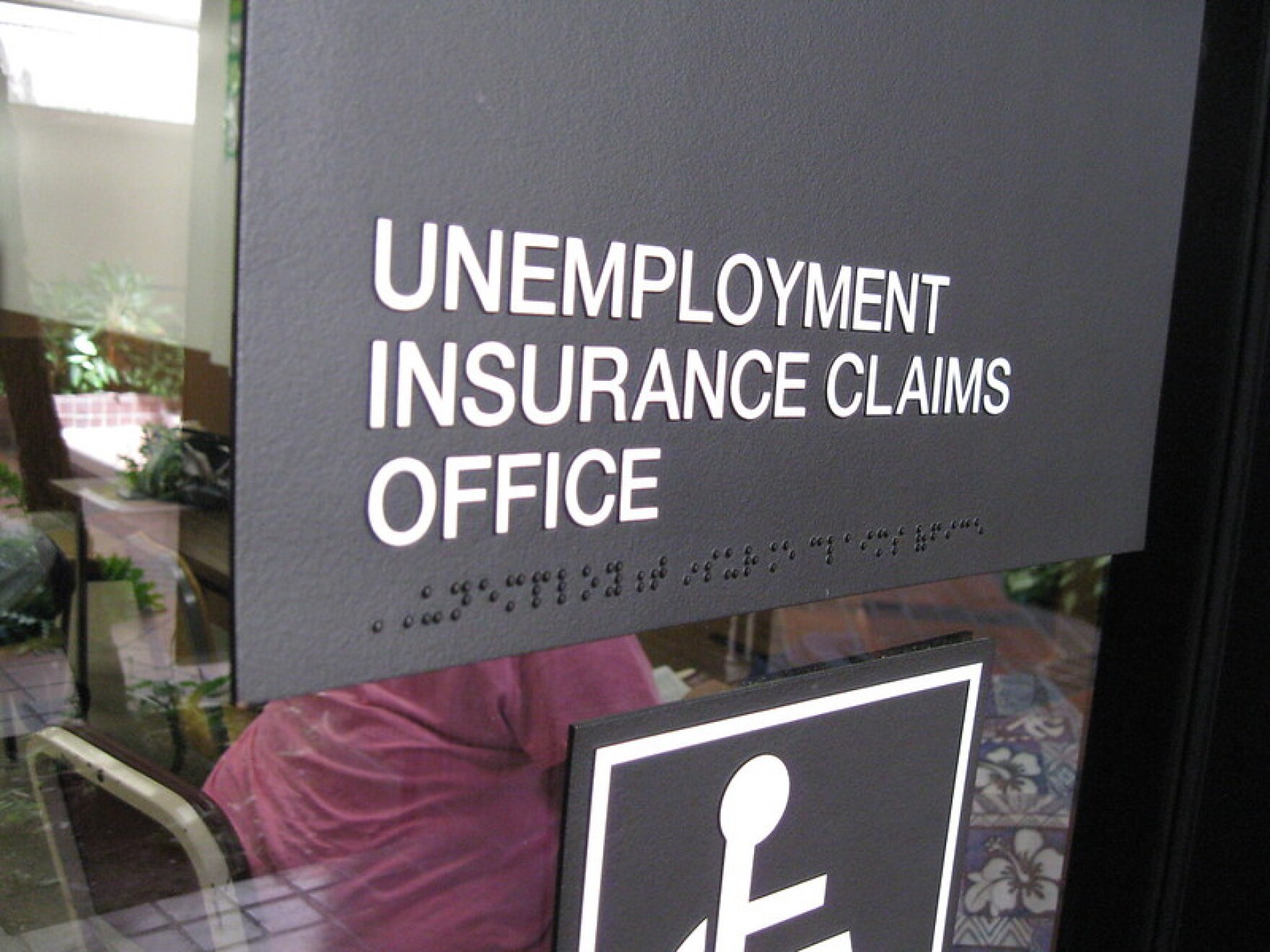A controversial new law will soon limit how much money residents can receive through state unemployment benefits.
Beginning in July, residents can collect a maximum of $622 per week from West Virginia’s unemployment trust fund. That figure cannot be adjusted, even if inflation rates rise like they did in 2022.
Most residents already receive less than the new maximum. On average, the state provides benefit recipients $420 per week, the Associated Press previously reported.
But critics of the new law worry that capping benefit rates could exacerbate hardship in periods of economic downturn, especially among low-income and blue-collar residents.
On March 9 — the last day of the West Virginia Legislature’s 2024 regular session — Del. John Williams, D-Monongalia, expressed as much on the House floor.
“We are hamstringing people who are at the worst time of their lives,” he said. “There’s going to be a mess on our hands in less than 10 years, once inflation takes its toll.”
Inflation rates are down nationally from their peak in 2022. But they still remain above levels before the surge, as well as the target set by the Federal Reserve.
Currently, the state updates its benefit rates annually based on labor data that takes broader economic circumstances into account, like the average weekly wage in West Virginia.
However, that process will be removed under the new law, which passed in the final hours of this year’s regular session.
During the session, proponents of the bill expressed concerns about overspending state unemployment funds. The final bill was pared down from initial, more sweeping drafts of legislation that would have cut benefits far more drastically.
Speaking in favor of an earlier bill also addressing unemployment benefit spending, Sen. Eric Tarr, R-Putnam, said the legislation would help preserve access to unemployment benefits in years to come.
“If we do not do something now to go in and fix this unemployment fund, what’s going to happen is unemployment services will become unavailable in the future,” he said in February. “That’s just a matter of math.”
Gov. Jim Justice declined to veto or sign off on the final bill, allowing it to become law automatically Thursday. As of Friday, he had not explained his decision publicly.
Opponents of the bill, however, were outspoken about their concerns throughout this year’s legislative session.
In February, Sen. Mike Caputo, D-Marion, said lawmakers backing the bill should have sought more input from labor unions and business owners, especially as layoffs and labor tensions mounted statewide.
Josh Sword, president of the West Virginia AFL-CIO, told West Virginia Public Broadcasting he agreed.
“The best way to get good policy is to bring all impacted parties to the table,” Sword said in February. “That absolutely did not happen.”
Republican lawmakers like Sen. Eric Nelson, R-Kanawha, said they would use the final remaining weeks of the session to clue labor leaders into discussions. But, since its passage, Sword has maintained his disapproval of the law.
Beyond capping benefit rates, the new law also poses additional requirements for benefit recipients. Recipients now must prove they have taken steps to find a job on a weekly basis.
These requirements — and the new maximum rate — will take effect statewide on July 1, alongside the start of a new fiscal year for the state.
